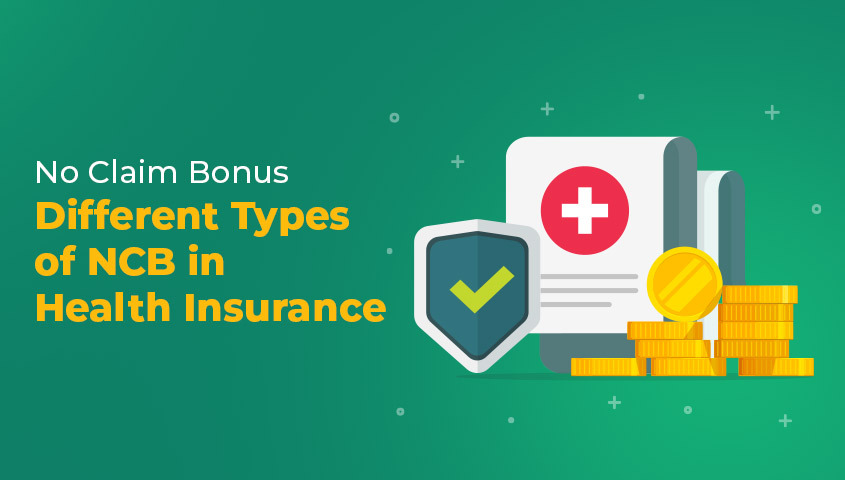
One of the most common mistakes that most of you commit when buying a health insurance plan is not disclosing or lying about your medical condition when filling up the proposal form. You believe that disclosing your existing medical complications would either result in the rejection of the policy or, if the policy is accepted, the premiums would be increased. What you don’t realize is the fact that hiding about your pre-existing conditions would put your claim in jeopardy if the claim occurs due to such conditions. As such, informing the insurance company about your pre-existing illnesses is a wise thing to do. Health insurance companies allow coverage for pre-existing illnesses with some terms and conditions. Let’s understand what these terms and conditions are –
Table of Contents
Definition of Pre-existing Illnesses
Pre-existing illnesses or conditions are those medical ailments that you already suffer from at the time of buying a fresh health insurance policy.
How are pre-existing illnesses covered in health insurance plans?
Health insurance plans cover pre-existing illnesses after a specified duration, called the waiting period. Every policy has a waiting period of 1 year to 4 years for pre-existing conditions. During this waiting period, any medical complications arising out of pre-existing illnesses would not be covered by the policy. However, if the policy is renewed continuously, once the waiting period is over, pre-existing illnesses would be covered. After the waiting period, complete claim settlement would be allowed for any medical complication that arises out of pre-existing conditions subject to the conditions mentioned in the policy you purchased.
Read more about The waiting period for health insurance.
Why is disclosing pre-existing illnesses necessary?
Health insurance policies are policies of ‘utmost good faith’. The insurance company would assess your risk and accept your proposal based on the information you provide in the proposal form. If you hide your pre-existing conditions, you breach the principle of utmost good faith. As such, when a claim is incurred because of the hidden information, the company holds the policy null and void and rejects your claim. To avoid any possible claim rejection, disclosing your pre-existing conditions is essential. Though coverage would not be available in the initial few years of the waiting period, you would ultimately enjoy coverage for your pre-existing conditions when the waiting period is over. So, it is better to disclose your conditions and wait for coverage rather than hide the information and run the risk of claim rejection.
Buying a Health Plan with a Pre-existing Illness
- If you suffer from any medical complication when buying a health plan, disclose the condition in the proposal form.
- Look for health insurance plans that have low waiting periods so that your pre-existing illnesses get covered at the earliest.
- Buy health insurance at a younger age to wait out the applicable pre-existing waiting period and avail coverage when any illnesses develop.
Pre-existing illnesses do not mean that you cannot enjoy comprehensive health insurance coverage. You can. There is just a small waiting period after which you are offered coverage. So, don’t hide about your pre-existing illnesses when buying health plans. Disclose them and enjoy undisputed coverage.
Read more:
Found this post informational?
Browse Turtlemint Blogs to read interesting posts related to Health Insurance, Car Insurance, Bike Insurance, and Life Insurance. You can visit Turtlemint to Buy Insurance Online.

































